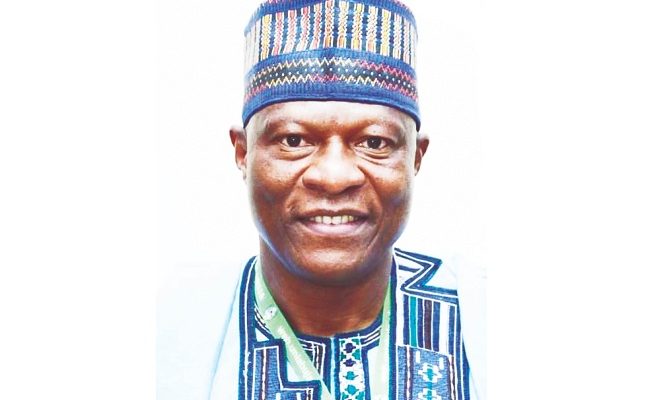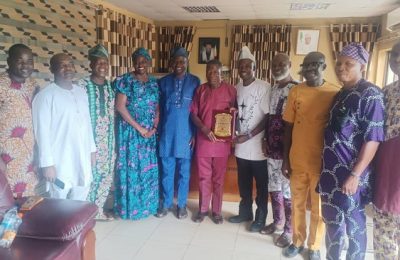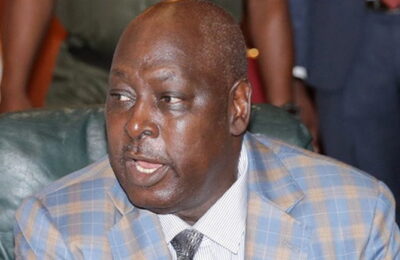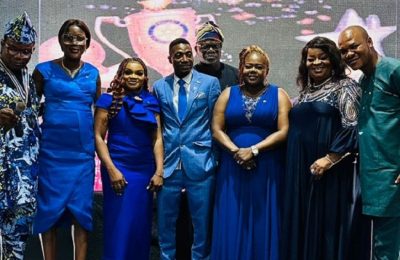Professor Abdul-Rasheed Na’Allah, is the vice chancellor of University of Abuja. In this interview with CLEMENT IDOKO, he shares his thoughts on the recent tuition hike by some public universities, the need for industry-university linkage, and his efforts at transforming the university in the last four years among other issues.
Despite the current economic hardships, some public universities, including yours, which are supposed to be tuition-free, have suddenly increased their fees leading to a series of protests by students in some of the institutions, what is your take on this?
Whether we like it or not, the face of a economy in Nigeria has changed. If a student has to attend a university where a reagent has to be available; do practicals and travel around the nation for field works, there is no way little charges here and there would not be charged. Though, Federal universities are supposed to be tuition-free, there are other things that the students must sponsor singularly in the course of their studies in the institution. For instance, if you are studying Mechanical Engineering or Geology and Mining, you are expected to visit Ajeokuta to see some of the resources that are being used during production and probably take some data. To do such, will no doubt require some money and as a student you are expected to sponsor it. These are the kind of charges the students are paying.

Our students have been made to see the reason for the increase, and have supported the idea. More so, they know that the money to being pumped into the laboratories. I have also realised that most universities in the country are doing the same. Like I usually tell my students, UNIABUJA is not out to produce second citizens. We want our students to be the best. Our students may not be paying One or two million naira like they do per year in other universities, but with our N100,000, we will be prudent enough to ensure that our laboratories are of good standards and we will equally offer qualitative education. At the University of Abuja, we give consideration to the children of the poor.
Now that there is a new administration in place, how do you think the government can be of help so as to improve on the quality of graduates and their employability in the country?
As of today, an industry-university relationship is a must for our universities and I think the government must insist on that. A solid working relationship with industries must be made compulsory for our universities; industries and universities must work together.

Secondly, the government must insist on seeing the results emanating from these relationships, because there must be a performance assessment across board through proper accountability, especially from the academic staff. Also, the government must be bent on taking the records of the contribution of each academic staff to his or her university community, having worked in such an environment for so many years, or even in the last one year. We can only achieve a lot in this regard when people are made to be accountable. If the government insists on proper accountability in this regard, universities will begin to think about strategies as to how to collate and present on a yearly basis what each university has contributed to the society. Everybody must be assessed, I repeat.

Professors are believed to have reached the highest level of training and their universities have invested so much in them; they should also be able to make superior contributions to the systems they belong to and the nation at large. I’m talking particularly about public universities. Private universities can as well do so.
There used to be issues of infrastructure challenge and crisis over non-accreditation of some programmes among others in your institution; how has your administration been able to surmount of these challenges?
When I came on board, the students’ welfare was almost zero. The first thing I did was to go round the hostels and when I did, I almost shed tears due to the rate of dilapidation that I saw. I felt that the students were being subjected to a terrible discomfort in terms of school accommodation. It was horrible! The state of the entire campus was nothing to write home about. We heard that people were calling the UNIABUJA a glorified secondary school at the time.
While we had some faculties at the main campus, we also had some at the mini campus and back and forth we were going. I saw a university that really wanted to be redirected to its original agenda, especially to the original goals that were set by the founding fathers. Some of which are meant to lead Nigeria to development, as well as to be an institution that responds to people’s needs in the capital city.
The institution was established by the government as dual mode one, coupled with a distance learning programme which was at the verge of being shutdown, when I assumed office. In fact, there was already a letter from the National Universities Commission (NUC) to that effect.
So, one of the things I did when I came on board was to set a 20-year infrastructure plan, with a committee alongside to carry it out. The committee had therefore developed a 20-year infrastructure development plan for us to follow as an institution. We have moved very fast within the last four years to reshapen our campus. Meanwhile, the work is ongoing, but I believe that by the time we will finish our five-year tenure, we would have achieved a lot in that direction.
We want our students to be able to stand tall anywhere in the world. In other words, when a student finishes here, he or she should be able to tap resources from anywhere in the world, not only to build him/herself but to support his goals and ambitions in life.
I’m not saying that we have achieved everything, but I’m glad and humble enough to say that we have made major moves and changed the trajectory of the university. It is no longer possible to call our university a glorified secondary school.
In addition to all of these, the primary courses and programmes we are running have been largely upgraded. Many of our students study Japanese and Portuguese in the institutions. While some are thinking of relocating abroad, some have graduated with their businesses registered already and they are looking at becoming employers of labour. We are very happy about that.
Members of our staff are all over the world, mobilising for grants and bringing in money. When we came in, the grants we were able to pull together in the first year ran into about N300 million and that was in terms of external grants. In three years’ time, it was already more than N1 billion. The increment has been steady.
We are now a university where universities, locally and internationally come to, asking us to partner with them.
You spoke about local and international collaborations, how is the effort beneficial to the students?
We give our students grants, and we encourage them to do research on their own. Of course, they have mentors who are members of the academic staff, but we trust our students enough to give them grants and money to research different areas of human endeavours. With this, we are training them to develop strategies on how to constantly think about their society and how to solve its problems.
We now engage in students mentorship too; we have so many peer mentorship going on campus; we call it “students mentoring students.” If you are in the 400 or 500 level, you will automatically serve a mentor to those who are just coming in. When we have new intakes, there are senior students on ground to show them the way, support and tell them all that they need to do to be properly integrated into the school system. Our goal is to ensure that our students succeed at the end of the day. So, in four years, if you ask me, I will say that we have had a solid academic improvement and our staff strength had become stronger than what it used to be. Our scholars are now being recognised around the world, as they are showcasing the name of the university on the global scene. Just last week, the government of Japan awarded some of our students with scholarships to visit the country. The kinds of awards our students are getting have been incredible. There’s an ongoing partnership programme that’s going to accommodate more than 100 students every year here, Japan inclusive. Apart from the kind of attention our university is getting globally and in terms of grants; many of our students now speak international languages. We have made foreign languages compulsory in addition to entrepreneurship.
READ ALSO FROM NIGERIAN TRIBUNE








